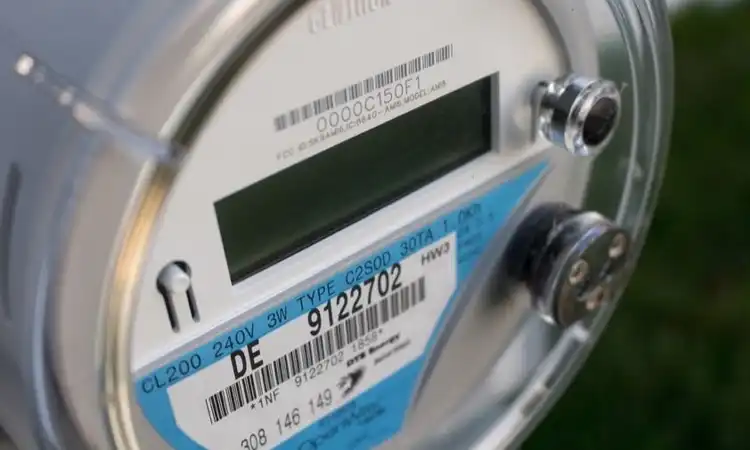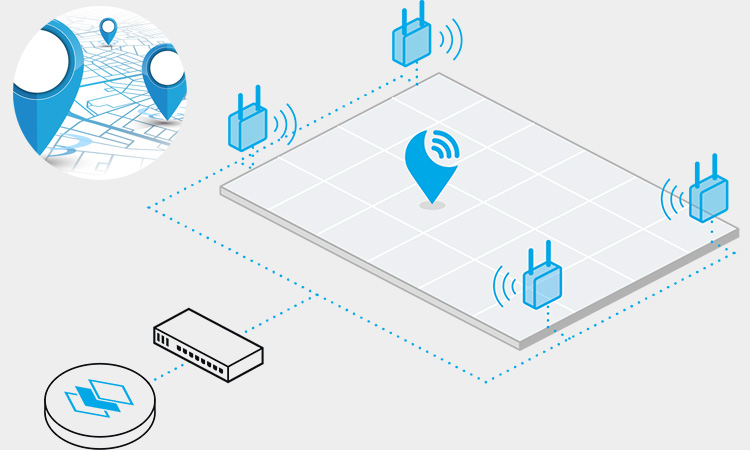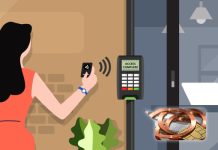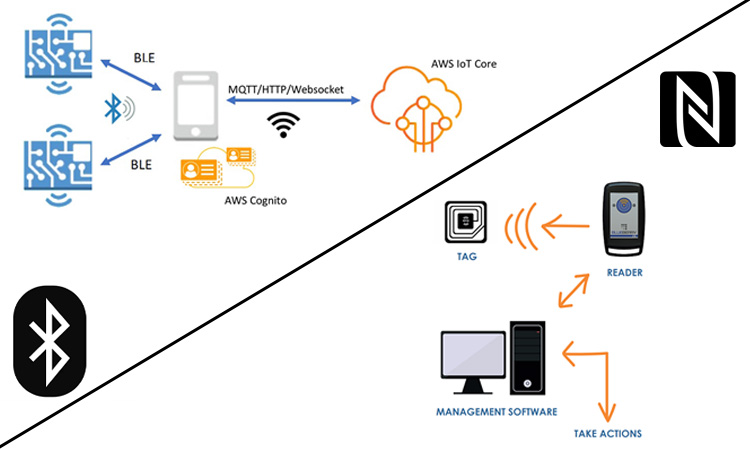Smart meters have been around since the early 2000s, but they came into their own in the past decade. If you live in a home with an electricity meter on your property, you are probably familiar with it. The meter measures electricity and gas usage to provide billing for your utility company. But smart electric meters can do much more than just help you pay your bill.
What are Smart Meters?
Utilities have long offered meters that measure your energy usage, but they’re not always as accurate or reliable as they could be. If your utility sends a meter reader to your home each month, you may be in for surprises when it comes time to pay your bill. You may be billed for more electricity than you used because the meter reader didn’t get accurate readings.
A energy smart meter is a digital device that provides accurate energy consumption data. Compared to traditional meters in your home, smart power meters are more efficient. Because they send information to your utility every 15 minutes to one hour. They eliminate the need for meter readers and reduce labor costs by not having them come to your home every month.
The U.S. Energy Information Administration has recently released data from its latest commercial and residential electricity meters survey, indicating that more than 90 million residential homes are equipped with advanced metering infrastructure. Nearly two-thirds of these meters have smart capabilities, according to a Guidehouse Insights report.
Energy smart metering are typically installed inside homes or businesses as part of an energy efficiency program. But they can also be installed outside buildings on streetlights or utility poles to track residential energy use. Either way, they transmit information via radio waves onto a receiver attached to your local power company’s server (or directly into their system if you’re using one of their online portals).
How do I Know If I Have Smart Meters?
Smart meters have been installed in homes across the United States since January 2009. If your electricity meter has been replaced since then with a digital meter, it is likely a smart electric meter.
intelligent meters look similar to regular meters but have an LCD that’s easier to read and understand. The display also shows other information. Such as how much energy each device in your home uses and how much you spent on fuel last month. Some energy smart meters include an RFID chip that utility workers can read to get information about your energy usage.
If not, it’s worth checking with your utility company to see if they’ve already replaced your old meter with one that records data. You can also check with them to see if there’s any other way to tell if you have a smart energy meter installed at your home—for example, by checking the notes section on your monthly utility bill for an indication that this is the case.
How can I Save Energy with a Smart Meter?
Smart electric meters are the new standard in electricity metering, offering several benefits over traditional meters. While they won’t tell you exactly how much electricity is used in your home, they can help you track how much energy you use on specific days and weeks. The best thing about this feature is that it allows you to see if there are certain times of day when your home uses more energy than others. For example, suppose there are times when the air conditioner is turned on more than usual during the hottest part of summer. In that case, it may indicate that other things are going on in your household that could be causing excess usage.
One of the most useful features of intelligent meters is their ability to detect when appliances draw more power than they should, often due to faulty wiring or poor installation. The electric meter will alert you and ask if there’s anything wrong with your electrical wiring or anything else that could be causing excessive power use. If a problem is detected, it can be repaired quickly and easily by a professional electrician—saving you money on repairs and keeping your home safe!
Many states offer online programs that allow you to track your energy consumption data. For example, the Texas government allows residential and business customers to track their energy consumption data through a Smart Meter Texas program. This program enables customers to take 15-minute energy usage intervals and monthly and daily usage information.
Smart metering also allow you to adjust your settings based on weather conditions or other factors that may impact power consumption. You can set your thermostat temperature to accommodate air conditioning use during heat waves or set it lower during cool seasons so that your appliances have less strain.
You may also have heard that using CFLs or LED lights can help keep your home cooler. intelligent meters can help you monitor this as well. By knowing when the sun is shining or when it’s cloudy outside, you can adjust your lighting so that it doesn’t require as much energy—and save money!
Why do I Need Smart Metes?
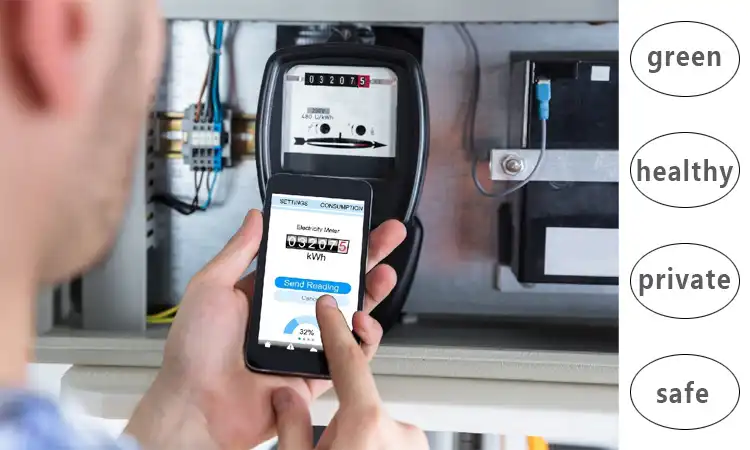
You probably already know that your electricity and gas bills are affected by how much you use. If you’re paying too much, it could be because of a leaky pipe or a faulty meter. A smart electric meter is an electronic device that can tell the energy company exactly how much electricity and gas you use every month. This way, you get the right amount of service without worrying about billing errors, making life easier for everyone!
Smart meters allow your utility to send out crews if there’s an outage in your area. They also help prevent fires since they detect when there’s not enough power running through your home’s circuit breakers (so no one can accidentally turn on a light). Finally, intelligent meters help utilities save money by reducing their need for expensive meter readers who visit homes every month looking for leaks or other problems with their meters.
Smart electric meters mean lower electric bills! According to a Guidehouse Insights report on smart meters, 50% of all commercial premises have already switched over from analog-to-digital technology, saving them up to $36 million annually! Now that’s savings!
What are the Benefits of Smart Meters for Rentes and Landlords?
If you’re a renter, installing a smart meter can be a great way to save money and improve your living situation. With a smart meter, you can easily track your energy consumption and identify areas where you’re wasting energy. Changing your habits can reduce your energy bills and save money.
Smart meters are also helpful for renters who live with roommates. With a this meter, you can track who is using the most energy and when making it easier to split energy bills fairly. This can also help you identify areas where you can reduce energy usage and lower overall costs.
In addition, this meters can be useful for dealing with your landlord. They can alert you to potential issues with your home’s infrastructure, such as poor insulation or inefficient equipment, which you can then bring to your landlord’s attention. This can help you negotiate for necessary improvements to make your living situation more comfortable and cost-effective.
Finally, it’s worth noting that sub-metered properties tend to attract better tenants, and paying for your own utilities can often result in a better rental deal. By installing a smart meter, you can take control of your energy usage and save money on your monthly bills.
How Much do Smart Meters Cost?
Smart electric meters allow you to monitor how much energy you use when you use them and how much money you spend on electricity. Typically, energy smart meters work directly with an energy company for your power utility. They also provide information about your usage and costs so you can make better decisions about how much power to use at any given moment.
Smart meters are expensive, but they’re worth it. Suppose you live in a state where intelligent meters are commonplace. In that case, they’re usually included in your utility contract, making it easy for you to get started with smart power meter monitoring immediately. You may be able to negotiate with your utility provider for a discount on their cost, but this will vary depending on which utility company you work with and how much of an incentive package they offer.
Smart power meters cost around $200 to install if not bundled with your contract or business agreement. That may seem like a lot of money but consider this: A single smart meter typically lasts 15 years or more before needing replacing – which means that throughout its lifespan. It will save you significant money by helping reduce your usage or at least knowing when there might be an issue with power usage in your home or office building (i.e., if someone leaves their lights on).
What is the Difference between a Smart Meter and a Regular Meter?
The main difference between smart and regular meters is how they measure and communicate energy usage. A regular meter, also known as an analog meter, typically requires a manual reading to determine the amount of energy used. This reading is then used to generate a bill for the customer. In contrast, a smart meter uses digital technology and wireless communication to measure and transmit energy usage data automatically. This allows for more frequent and accurate readings and can help customers better understand and manage their energy usage. Smart meters can also enable more advanced services, such as time-of-use pricing and remote meter reading, that are impossible with regular meters.
What are the Disadvantages of Using intelligentt Meters?
Smart meters are a great way to save money and energy, but there’s one issue: some people have reported their smart energy meters catching fire.
Across the country, millions of intelligentmeters have been deployed. And while that sounds like a lot, it’s still only about 1% of all utility meters in use today. In other words, very few have caught fire—and even fewer have been responsible for house fires.
So what’s going on here? We don’t know exactly why some people seem to be having problems with their intelligent meters, but we do know that there are a few possible culprits:
First, one possible culprit is faulty meter panels in your home. When utility workers remove old meters from your residence, they often jostle parts of the meter base that aren’t working properly—which could lead to overheating and fires.
Second, it may be possible that some people are installing intelligent meters incorrectly or at an angle that makes them more likely to catch fire when someone tries to pull them off the wall or ceiling (or worse: leave them on indefinitely).
Does the Radiation from Smart Meters Affect My Health?
Smart meters are being installed in millions of homes across the country, but there are still a lot of misconceptions about them.
It’s true that intelligent meters use the same technology as cell phones, which have relatively low radiation levels. But some people don’t realize how much quieter those levels are compared to other things like microwaves and cell towers.
The Huffington Post reports that an article published in the journal Health Physics states, “even if you are three feet from a smart meter, the radiation exposure is 1,100 times less than holding your cell phone to your ear.” intelligent meters are typically placed outside the home, in areas where people don’t usually hang out. So the risk of radiation exposure is even lower than normal household appliances like refrigerators or microwaves!
No doubt there are some downsides to these new meters, but in many cases, the advantages far outweigh any negatives. Smart meters offer numerous benefits, from helping utilities deliver improved service to customers and reducing power outages to cutting down on the amount of energy used here at home and making our homes more efficient. For that reason, look favorably upon electrict smart meters if they exist in your area and consider them a smart investment for the future of your energy needs.
General Q&A About Smart Meters
-
What do smart meters do?
Smart meters are digital devices that measure and record energy usage in real-time and communicate this data to the utility company and the customer. This provides more accurate and frequent readings, helps customers better manage their energy usage, and enables advanced services such as time-of-use pricing and remote meter reading.
-
Do smart meters use a lot of electricity?
No, smart meters do not use a lot of electricity. They are designed to be energy-efficient and typically use less than 1 watt of power, much less than a typical household appliance.
-
Can I trust my smart meter?
Yes, you can trust your smart meter. Smart meters are rigorously tested and certified to ensure they meet strict accuracy and security standards. The data they collect is encrypted and transmitted securely, and customers have control over how their data is used and who can access it.
-
Do smart meters affect WiFi?
No, smart meters do not affect WiFi. They use a separate wireless communication technology designed to minimize interference with other wireless devices.
-
Does a smart meter tell you your bill?
Yes, a smart meter can tell you your bill. By transmitting real-time energy usage data, the smart meter can accurately estimate your energy bill and help you manage your usage to avoid unexpected charges.
-
Should my smart meter be the same as my bill?
Yes, your smart meter readings should match your bill. Smart meters are designed to provide more accurate and frequent readings than traditional ones, which can help ensure that your bill reflects your energy usage.
-
Does a smart meter replace the old meter?
Yes, a smart meter replaces the old meter. Once a smart meter is installed, the old meter is typically removed and replaced with a new digital device.
-
How long do smart meters last?
Smart meters are designed to last for at least 15 years but can last longer with proper maintenance and upgrades. This means that customers can expect to have a reliable and accurate meter for many years after installation.


